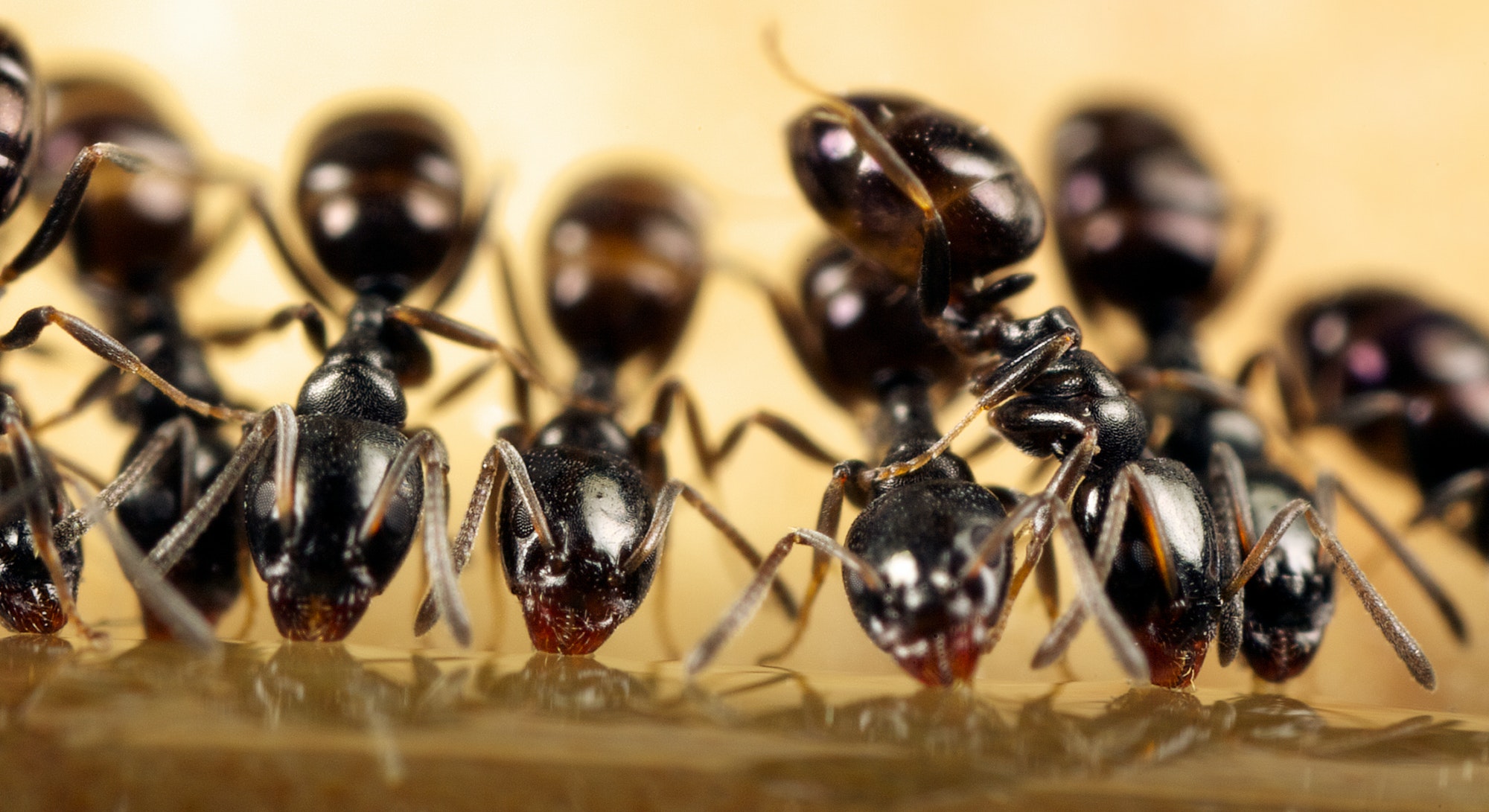Why Pest Control Is Necessary?
Pest Control is key in maintaining the infrastructure to any house, building, or stable base.If pest control is not dealt with accordingly, the consequences can be deadly and costly.Over time, the cost of infrastructure and building costs have skyrocketed due to the market increasing.
Restaurants and high-ranking businesses need to ensure that they have pest control and other insect issues are not an issue and will not drive down value. Pest control is necessary for both residential and commercial settings, especially when it comes to food.

Businesses in the foodservice industry often deal with scrap-eating pests, such as cockroaches and rodents that will wear down a business and the infrastructure. Pest control provides protection from harmful insects that can cause public health issues and costly damages to property.
When people hear “pest management” or “pest control”, they are typically thinking about the eradication of roaches, spiders, or fleas. Pest control is necessary because rodents and insects carry diseases, infest your kitchens and bedrooms, and bite you or your pets.
Pests of all stripes carry tough viruses and bacteria that require long-term treatment. Others can make existing medical conditions like asthma even worse. Pest control can lead to exposure to pesticides and may result in irritation to your eyes, nose, and throat; can cause damage to the central nervous system and kidney, and unfortunately increased the risk of cancer.
There’s a lot of unhealthy risks that come with having pest issues in your home. Apart from damaging your property, pests are linked to multiple diseases like dengue, Lassa fever, and Lyme disease. Professional pest control will help you get rid of them so that your family stays safe and healthy.
These are only some of the symptoms due to pesticide and exposure may lead to having headaches, dizziness, muscular weakness, and nausea. Pesticides are poisons and, unfortunately, they can harm more than just the insects at which they are targeted.
Pesticides can contaminate soil, water, turf, and other vegetation. In addition to killing insects or weeds, pesticides can be toxic to a host of other organisms including birds, fish, beneficial insects, and non-target plants. They are toxic, and exposure to pesticides can cause a number of health effects.

They are linked to a range of serious illnesses and diseases from respiratory problems to cancer. Long-term exposure to pesticides can cause loss of memory, anxiety, mood changes, and trouble concentrating. Damage to the immune system: Some pesticides weaken the immune system, which protects the body from disease. Another major concept with pest control is it being linked to cancer, Alzheimer’s Disease, ADHD, and even birth defects. Pesticides also have the potential to harm the nervous system, the reproductive system, and the endocrine system. Pest control and pesticides can also have positive effects on the environment and agriculture.
Pesticides enable farmers to produce safe, quality foods at affordable prices. They also help farmers provide an abundance of nutritious, all-year-round foods, which are necessary for human health. Fruits and vegetables, which provide essential nutrients, are more abundant and affordable. By controlling insects and rodents, pesticides prevent the spread of disease and protect buildings from termite infestations. Pesticides also keep the price of clothing and food down by eliminating predators that would destroy crops, raising the cost of things like corn and cotton
Pest Control has its benefits but it also has its disadvantages, and there is no true way of knowing what will happen until pesticides and pest control have been applied and used in a professional manner.








